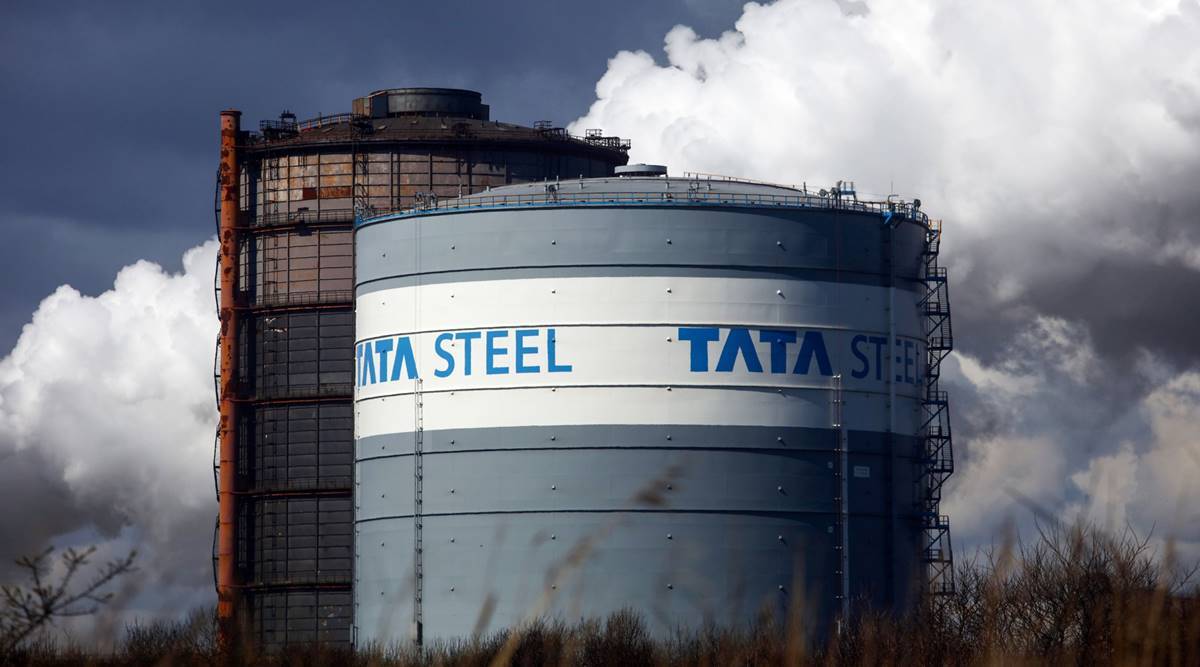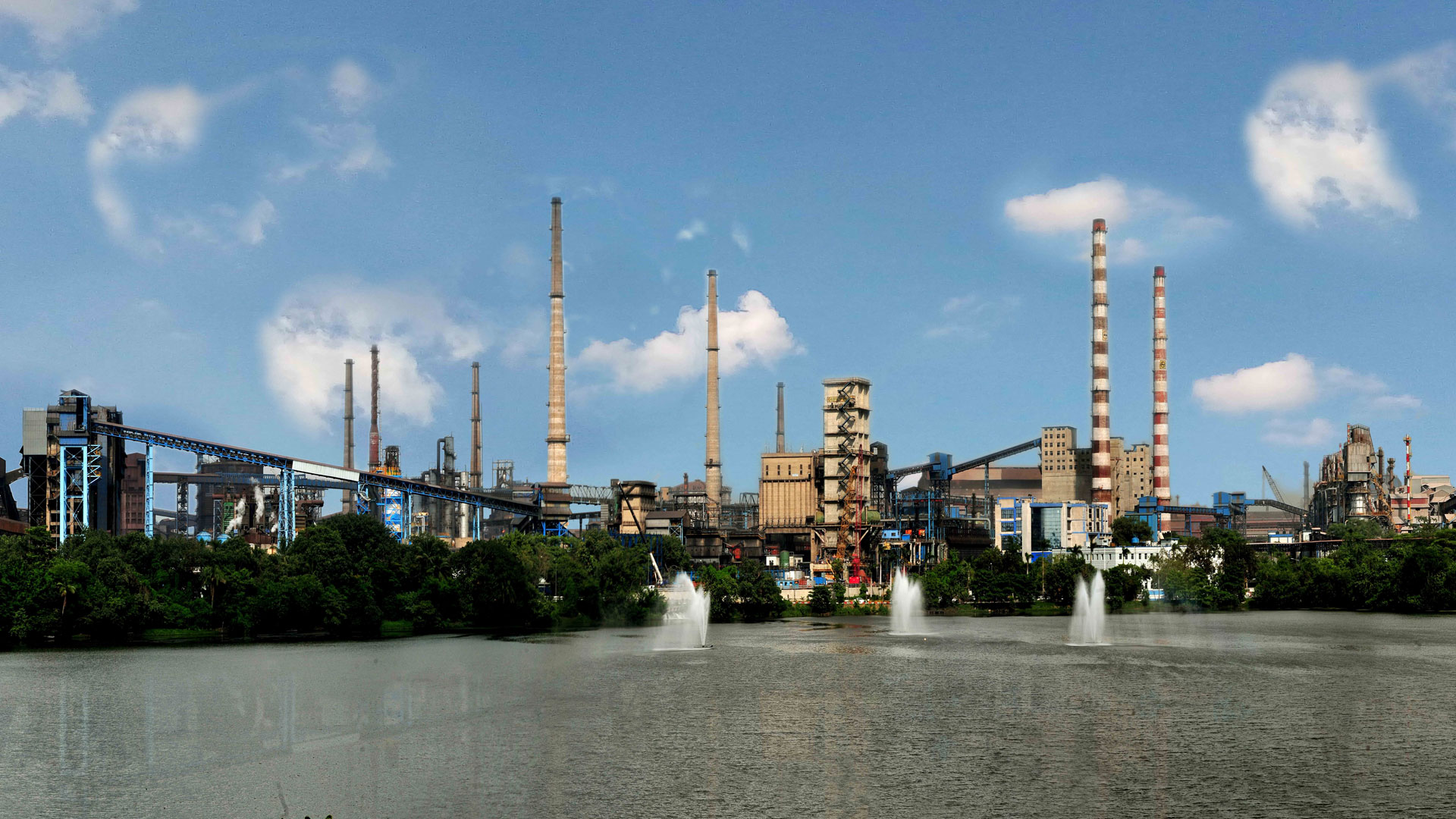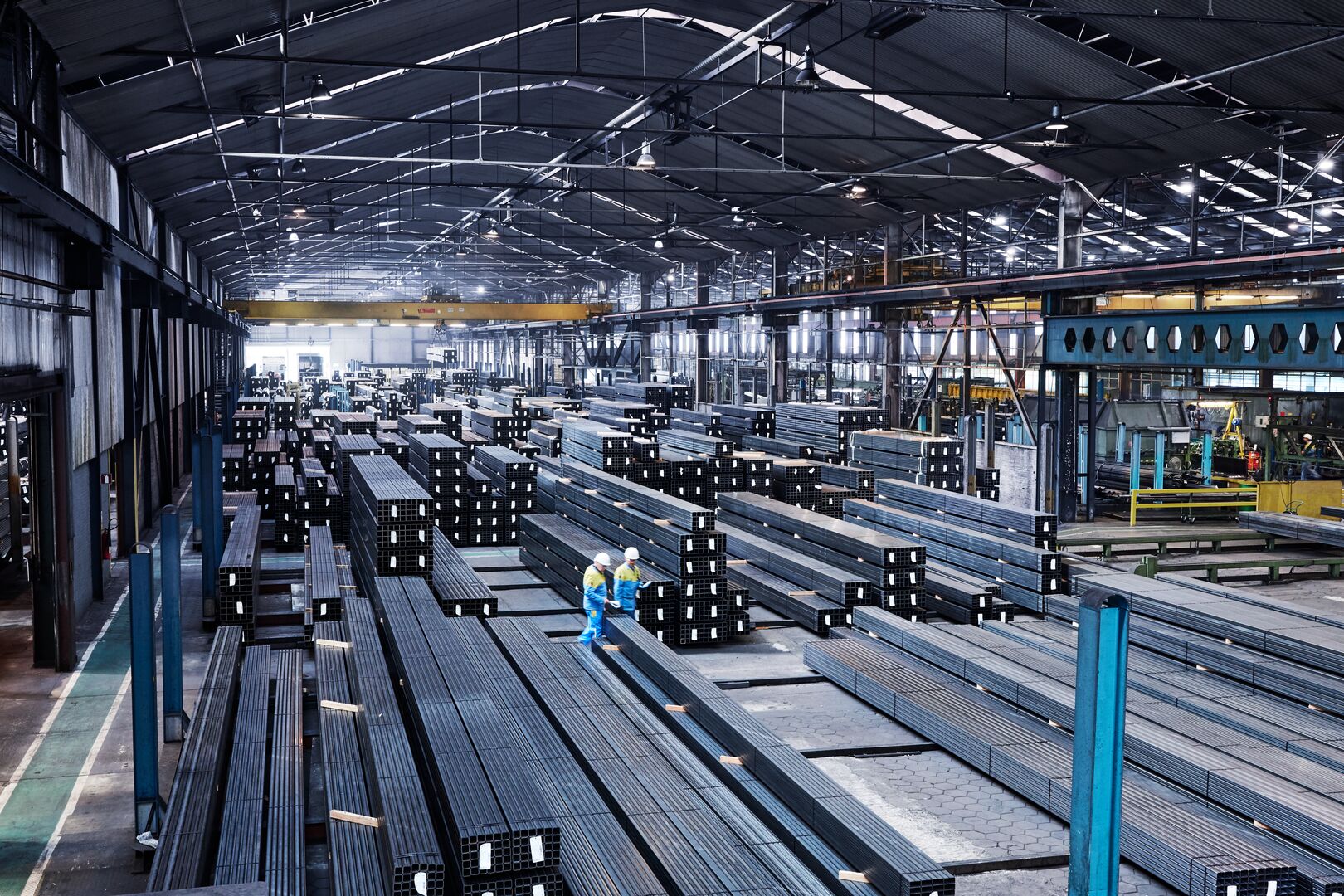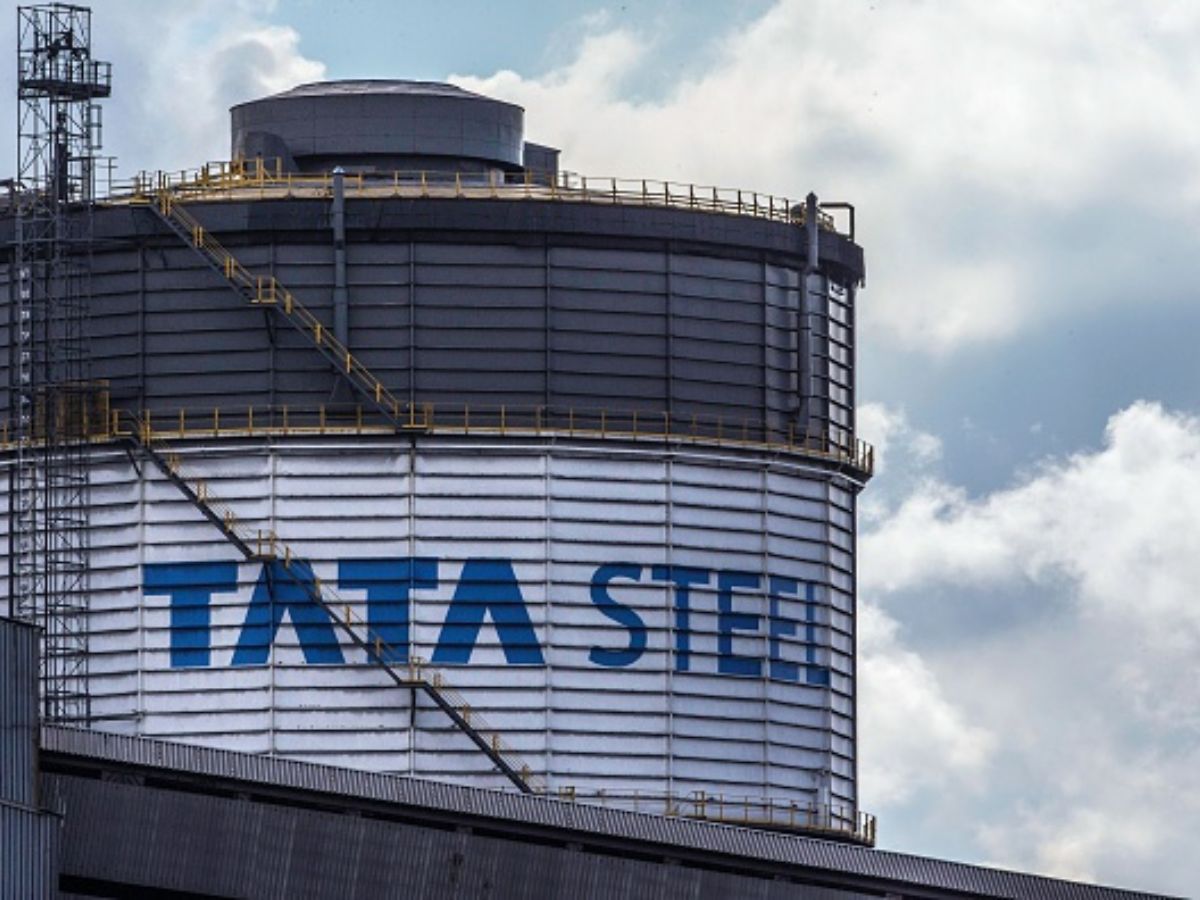Tata Steel’s Netherlands Unit Seeks Financial Aid; Decarbonization Proposal 2023

Tata Steel’s Netherlands Unit Seeks Financial Aid; Decarbonization Proposal 2023
Tata Steel, one of the world’s leading steel manufacturers, is currently facing significant challenges in its Netherlands unit and is actively seeking financial aid to support its operations.
The company has been grappling with a range of issues, including the economic impact of the COVID-19 pandemic, rising energy costs, and the urgent need to reduce carbon emissions in line with global climate goals.

To address these challenges, Tata Steel is preparing to submit a comprehensive decarbonization proposal to the Dutch government.
Tata Steel is requesting financial assistance from the Dutch government to carry out its decarbonization ambitions after obtaining finance in the UK. Tata Steel successfully separated Tata Steel UK and Tata Steel Netherlands as two distinct businesses from Tata Steel Europe in October 2021.
CEO and MD of Tata Steel TV Narendran stated, “We will be submitting the detailed decarbonization proposal to the Dutch government shortly, seeking regulatory and financial support.”
The Government of the Netherlands and Tata Steel Netherlands have been collaborating closely on the details of the decarbonization project, which includes criteria for emissions and health.

The comprehensive decarbonization plan, which is essential for the company’s Dutch activities, will soon be submitted to the Dutch government for financial and regulatory assistance. The parties will next talk about the specifics of the project, according to a statement from Tata Steel.
According to the statement, the Tata Steel board will appropriately review the proposal for approval when the time is right. Regarding its ambitions to decarbonize in the Netherlands, the firm did not provide any details.
The firm operates a 7 million tonne per annum (MTPA) factory in IJmuiden, the Netherlands. By 2050, the business wants to be producing CO2-neutral steel in Europe.
On September 15, Tata Steel and the UK government reached an agreement on a 1.25 billion pound joint investment plan to carry out decarbonization plans at the British steel factory in Port Talbot.

The proposal calls for the installation of new plant gear with low emission technology. According to Tata Steel, the UK government would contribute up to 500 million pounds out of the 1.25 billion pounds.
Tata Steel’s Netherlands unit, formerly known as Tata Steel Europe and Corus, has been a vital part of the company’s global operations for decades. However, the last few years have seen a series of challenges that have put its future at risk.
- Economic Impact of COVID-19: The COVID-19 pandemic disrupted global supply chains and reduced demand for steel products, affecting Tata Steel’s revenues and profitability.
- Rising Energy Costs: The cost of energy, particularly electricity, has been a significant burden for the company. Energy-intensive steel production processes require a substantial amount of power, and the increasing cost of electricity in Europe has been a cause for concern.
- Carbon Emissions: One of the most pressing challenges for Tata Steel is the need to reduce carbon emissions significantly. The steel industry is a major contributor to greenhouse gas emissions, and there is mounting pressure to transition to cleaner, more sustainable production methods.
To address these challenges and secure the future of its Netherlands unit, Tata Steel is developing a comprehensive decarbonization proposal that it plans to submit to the Dutch government. This proposal outlines several key initiatives and strategies:
- Investment in Green Technologies: Tata Steel aims to invest in state-of-the-art green technologies to reduce its carbon footprint. This includes upgrading existing infrastructure and exploring innovative solutions such as hydrogen-based steel production.
- Renewable Energy Integration: The company plans to increase its use of renewable energy sources to power its operations. This includes sourcing electricity from wind and solar farms, as well as exploring options for energy storage to ensure a stable power supply.
- Carbon Capture and Utilization (CCU): Tata Steel is exploring carbon capture and utilization technologies to capture emissions from its steelmaking processes and convert them into useful products. This could potentially reduce its overall carbon emissions.
- Collaboration and Research: Tata Steel intends to collaborate with research institutions and government agencies to accelerate the development and implementation of sustainable steelmaking technologies. This collaboration will involve sharing knowledge and best practices.
- Workforce Training and Transition: As part of its decarbonization efforts, Tata Steel plans to train its workforce in new technologies and skills required for cleaner and more sustainable steel production. This will ensure a smooth transition to a greener future.

Tata Steel’s pursuit of financial aid and its commitment to decarbonization could have significant implications for various stakeholders:
- Environmental Impact: If Tata Steel successfully implements its decarbonization initiatives, it could significantly reduce its carbon emissions, contributing to the fight against climate change. This would align with the Netherlands’ commitment to achieving carbon neutrality by 2050.
- Economic Stability: Securing the future of Tata Steel’s Netherlands unit is essential for the local economy, as it provides thousands of jobs and supports numerous businesses in the region.
- Global Steel Industry: Tata Steel’s efforts to adopt cleaner technologies could set a positive example for the global steel industry, encouraging other companies to follow suit and accelerate the transition to sustainable steel production.
- Government Support: The Dutch government’s response to Tata Steel’s proposal will be closely watched. Providing financial support and policy incentives for decarbonization could be seen as a strategic investment in a greener and more competitive steel industry.
Tata Steel’s pursuit of financial aid for its Netherlands unit and its commitment to decarbonization represent a significant step towards a more sustainable future for the steel industry. The challenges it faces, including economic pressures, rising energy costs, and carbon emissions reduction, are formidable.

However, with a well-crafted decarbonization proposal and the support of the Dutch government, Tata Steel may not only secure the future of its Netherlands unit but also contribute to a more environmentally responsible and economically viable steel industry.
The success of these initiatives could serve as a model for other industries seeking to address similar challenges in the context of global sustainability goals.




